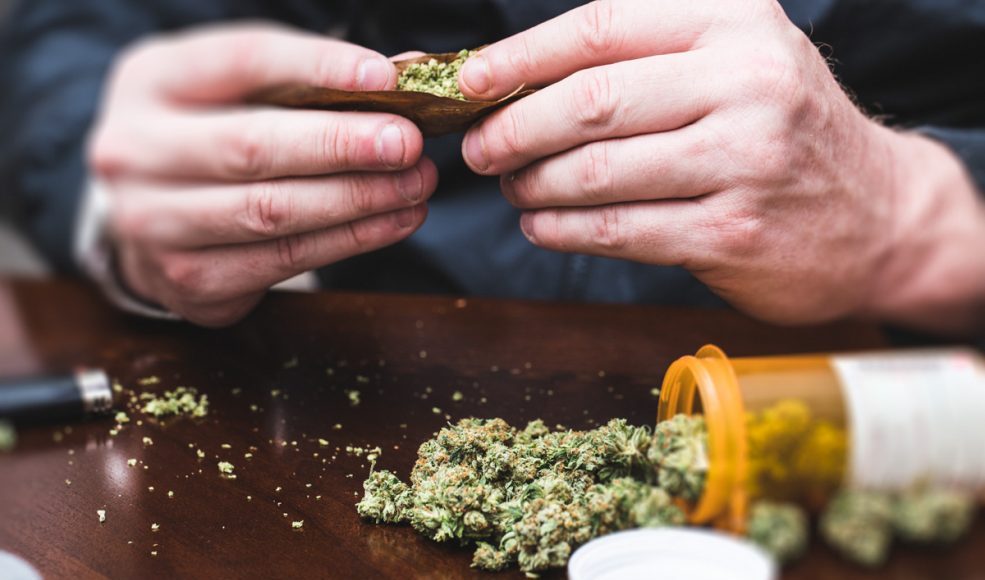A new Canadian observational study demonstrated the potential effectiveness where medical marijuana could treat anxiety. Almost half of the study’s participants were successfully able to quit using benzodiazepines after six months of medical marijuana treatment.
The study, which was published in the peer-reviewed journal Cannabis and Cannabinoid Research, included 146 anxiety patients who were all taking some benzodiazepines, like Klonopin, Xanax, Ativan, and Valium. Patients reported that they were better able to treat their symptoms using medical marijuana, and 45 percent of them were able to stop taking their anti-anxiety medications, some even sooner than that.
RELATED: Science: How Marijuana Works To Help Those With Multiple Sclerosis
Around 40 million Americans have an anxiety disorder (about 18.1% of the population), according to the Anxiety and Depression Association of America. Medical marijuana could prove to be an effective treatment outside of addictive opioids for many Americans, says Dr. Michael Verboa, Chief Medical Officer of Alefia Health, the company that funded the study.
“The opioid crisis gets a lot of air time, but people don’t always realize that behind the [opioid] crisis is benzodiazepine addiction and overuse of antidepressants,” Dr. Verboa told Weedmaps. “By offering a safer alternative like cannabis, we can keep people away from addictive substances.”
This could be particularly valuable in modern times. According to a 2018 American Psychiatric Association (APA) poll, almost 40 percent of Americans reported feeling more anxious in 2018 than they did the year previous.
RELATED: Denver’s Youth Drug Education Is Turning Teens Away From Marijuana Use
Depression isn’t far behind, either. There are 16.2 million adults in the United States who suffer from depression, which makes up 6.7% of the population. It’s also been estimated that 15% of all adults will suffer from depression at some point in their lifetime. However, researchers have stressed more clinical research is necessary before patients completely give up traditional medicine and exclusively focus on medical marijuana.
“The study results are encouraging, and this work is concurrent with growing public interest in a rapidly developing Canadian cannabis market,” said lead author Chad Purcell in a press release. “We are advising the public to observe caution. The results do not suggest that cannabis should be used an alternative to conventional therapies. Our purpose is inspiring others to advance current cannabis understanding as we collect stronger efficacy and safety data that will lead to responsible policy and recommended practices for use.”


